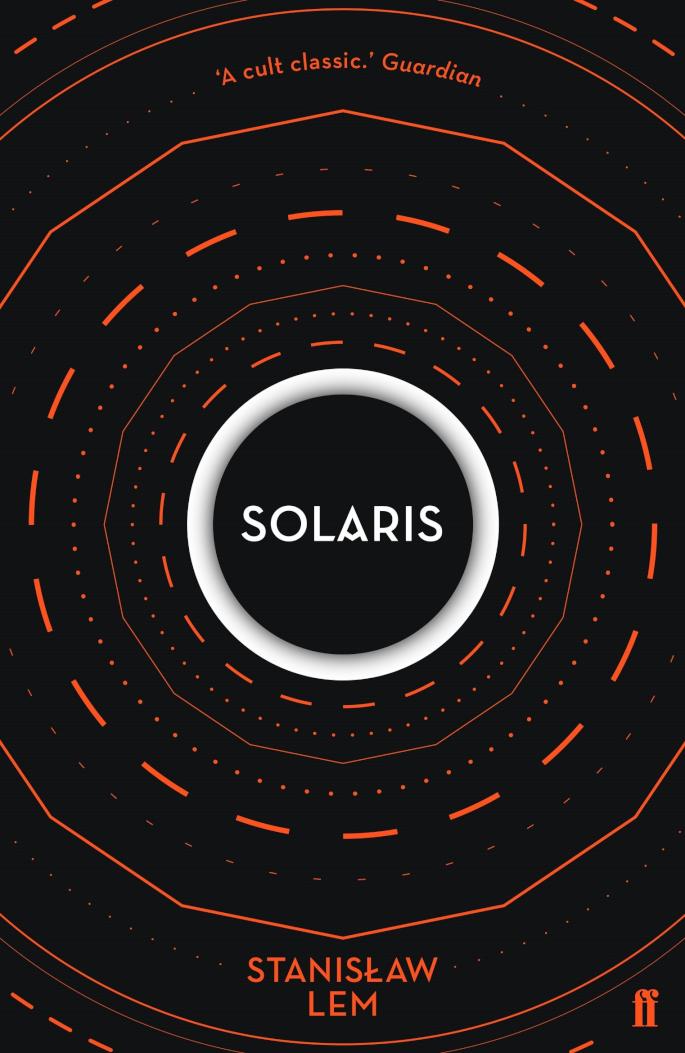
The whole planet is covered by an ocean, and by all records, it is the ocean itself that is intelligent. It is formed of a material which is fluid, but can be solidified and liquefied at will. The ocean is capable of forming fantastic shapes and designs seemingly at random, and for the most part, the scientists on the station do little more than catalogue all the myriad forms the ocean takes. Understanding the nature of the ocean, or establishing communication with it are way beyond the capabilities of humans.
When Kris Kelvin arrives, he discovers that the captain is dead, took his own life. The remaining two crew members are uncommunicative and suspicious of him, and talk cryptically. Kelvin starts seeing apparitions of people who have no business being on the station; people he knew to have deceased several years ago, like his own wife. Kelvin knows deep down that the creature in front of him is not his wife, but still continues to establish an emotional relationship with her. The other two scientists are likely in the same boat.
One interpretation is that it is not so much the researchers investigating the ocean, but the ocean researching them, much like rats in a maze. The apparitions elicit emotional responses from the humans, and are the maze.
This book is at once both seminal sci-fi, horror and a deep romance. It has suffered from poor translations from the native Polish, first to French, and then to English from the French. The author, who spoke fluent English, was said to be deeply unhappy with the translation.
A second attempt was made at translating the work into English, which the author’s estate enthusiastically approved of. But the newer translation is caught in copyright quagmire, and is only available digitally.
This book has been adapted into a movie twice, in Russian and English. In both adaptations, the directors chose to focus on the emotional aspects of the movie and omit the scientific basis entirely.
An absolute must read, irrespective of the version.
